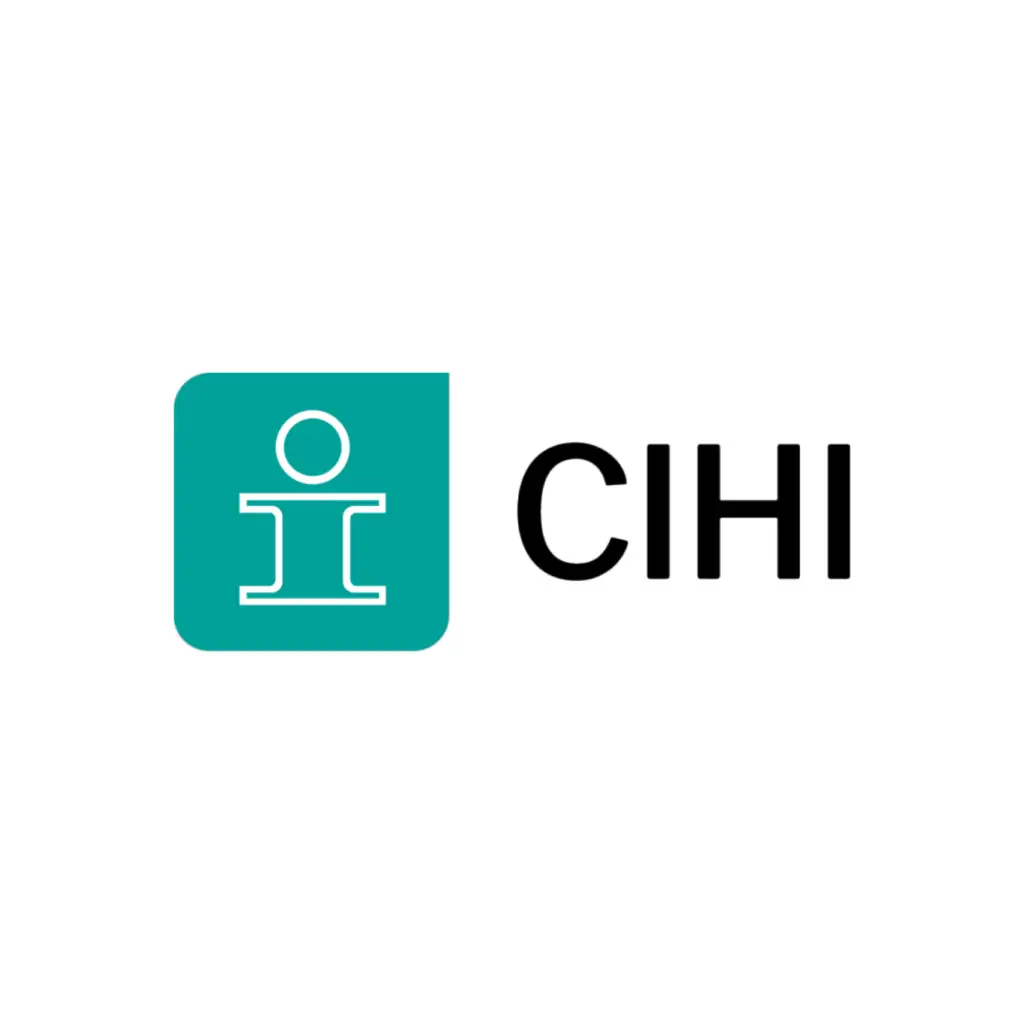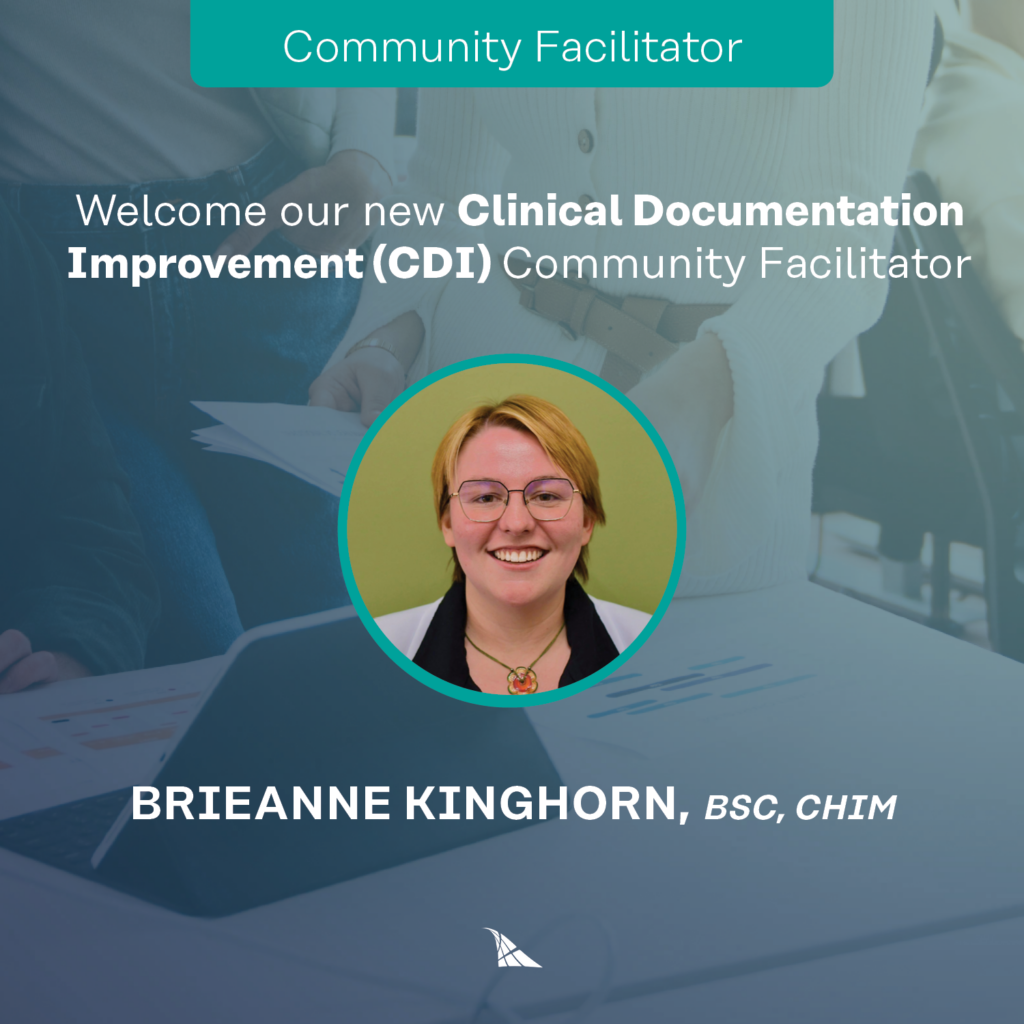Recently we spoke with Karen Brule, CHIM, Executive Director, Alberta Health Services (AHS), to discuss her career journey through the health information profession and her current involvement with the CHIMA Information Governance Community.
“A lot of my time has been [focused] on operations and dealing with local issues in the past few decades,” Karen says, “and this [community of practice] is giving me a great opportunity to get exposure outside of my Alberta jurisdiction, gaining connections that I’ve not had before. For me, it’s truly exciting. I see nothing but opportunity.”
I’m gaining connections I’ve not had before in this [community of practice]. I see nothing but opportunity.
Karen Brule, CHIM, Executive Director, Alberta Health Services
While Karen’s health care career started in 1989, her work in health information management (HIM) in Alberta began during the province’s restructuring of its health system. She progressed through a series of leadership, project management and data standards roles, working within information management, including health information, and technology. In 2009, when AHS was formed, Karen accepted a role as director of provincial strategic initiatives, a position that, she says, “really started getting us thinking into the opportunities for provincial service delivery in areas like data integrity.”
With Provincial Senior Director Kathleen Addison’s leadership and the overall vision of a provincial eHIM delivery model, “the stage was set to explore opportunities for standardization and leading practice application [of these standards] across all domains of health information management,” Karen says. “These opportunities were also enabled by further organizational restructuring across all domains, with a balance between a zone operational and provincial service delivery.”
All of these opportunities and choices culminated in Karen’s unique HIM career path and also influenced the development of information governance in health care in Alberta. A key point on that career path? Serving in the role of operational director, which expanded her understanding of “the challenges and requirements within the operation’s health information management space, including health information records management, registration, access and disclosure, provincial speech recognition/dictation/transcription services, and of course, data collection.”
This meant that when Karen transitioned into the role of director of provincial strategic initiatives, she did so with a highly knowledgeable perspective on information governance — knowledge and experience that ultimately propelled her to her current role as executive director of provincial standards and strategies at AHS in 2017. “I’m now responsible for overseeing provincial strategic initiatives. This includes the Provincial Data Integrity Unit, project and business solutions, and resources dedicated to supporting our provincial clinical information system. It also includes communications, learning and development, Clinical Terminology Services, and the Enterprise Information Management (EIM) program.”
With the aid of tenacious efforts and know-how from Kathleen Addison and Karen’s ED predecessor, Karanne Miller-Lambton, “the EIM program truly came into fruition,” providing a foundation upon which to explore and execute key IG deliverables.
The information governance community of practice could provide opportunities to share ideas, job descriptions, and responsibilities.
Karen Brule, CHIM, Executive Director, Alberta Health Services
It’s this scope of experience that Karen brings to her current engagement with CHIMA’s information governance community — a community she says she joined in order to be a part of, and to assist in, fostering relationships with like-minded colleagues across the country.
“Not only is this an opportunity for interjurisdictional networking,” Karen says, “but I also envision simple things such as a library of resources — with whatever people are willing to share. There might be barriers or restrictions to that, but I think if we can surpass those challenges, [we would all benefit from] sharing general experiences, strategic planning documents including roadmaps, frameworks, templates and, even organizational structures.”
One example that springs to mind: “In Alberta, we’re implementing a provincial clinical information system – Connect Care — a fantastic opportunity to advance our IG activities in a digital environment. As we progress, we’re discovering the need for new and emerging roles, some in support of specific IG areas such as information lifecycle management. The IG community of practice could provide opportunities to share ideas, job descriptions, and responsibilities,” Karen says.
The advantages of building and tapping into such a network of professionals are not just reserved for IG specialists either. Karen emphasizes the community is an opportunity for continued learning for those who work directly in IG and those who don’t, noting that future topics for exploration may include informatics, virtual health, and digital health.
The type of knowledge shared at first “might not be, necessarily, overarching plans for information governance — because I know some jurisdictions may not be at that level of maturity. But [it could be information in] specific areas such as master data management, metadata management, and other data management initiatives.”
“[In Alberta], we are at varying levels of execution,” Karen says, “but we’ve really moved some of these areas along significantly over the years. There is a huge organizational appetite to advance the information governance agenda as well, which is extremely exciting and encouraging.”



